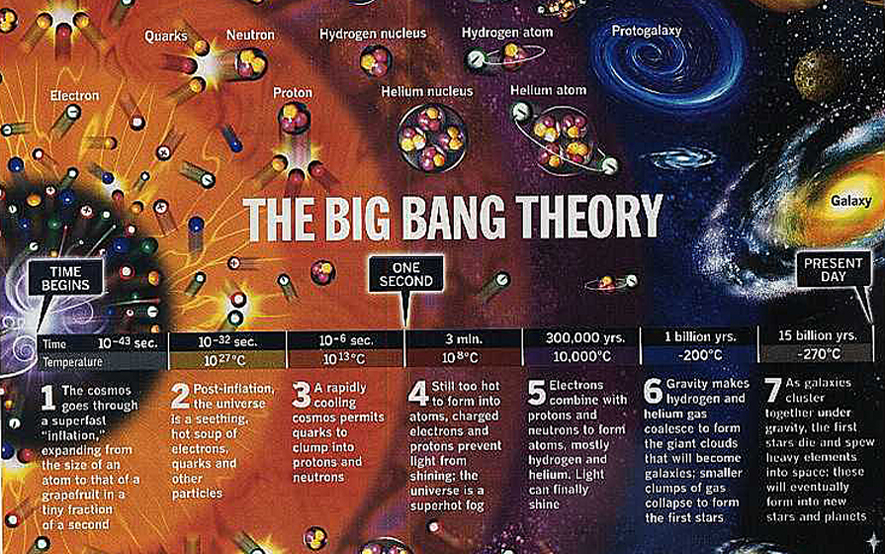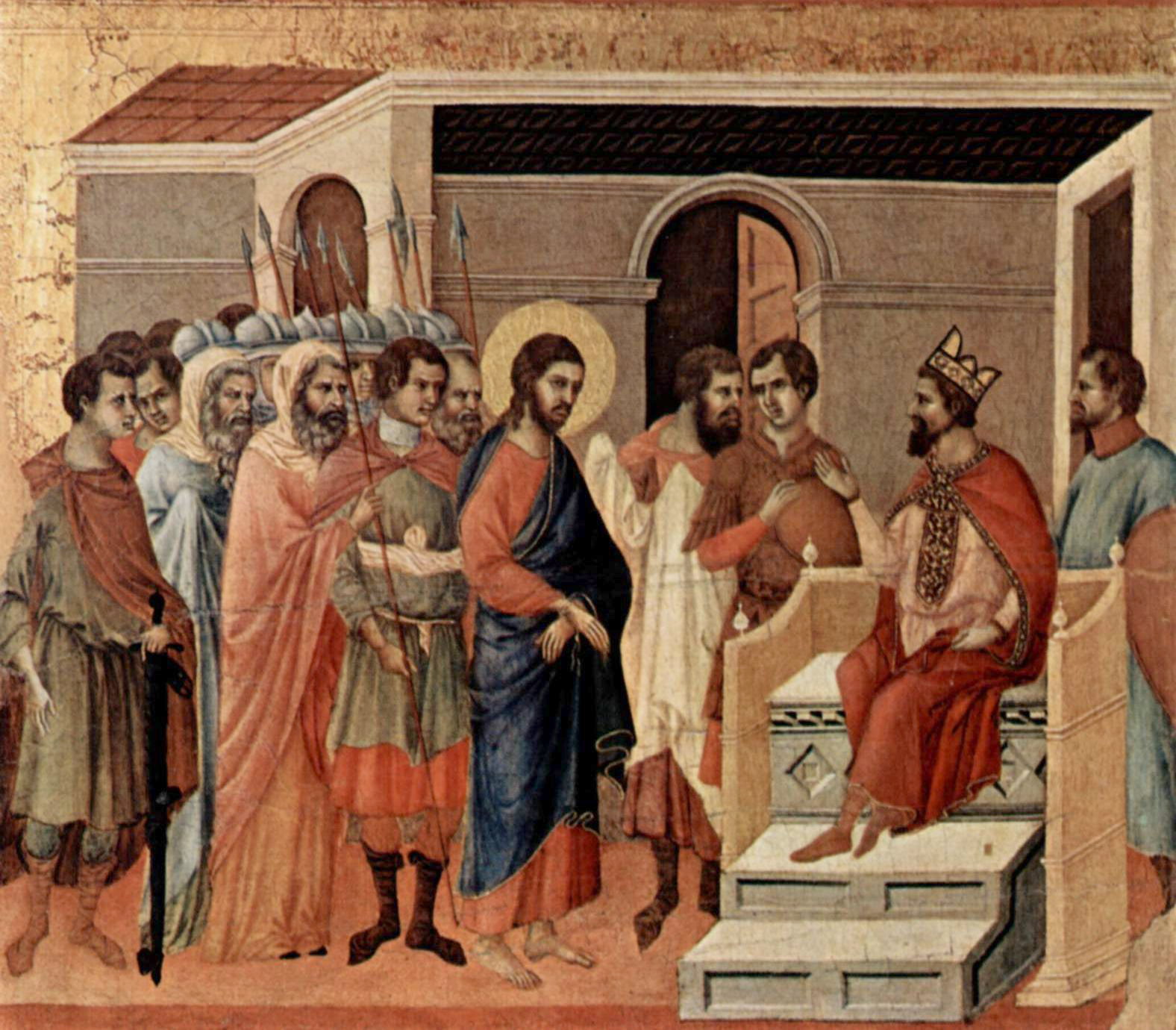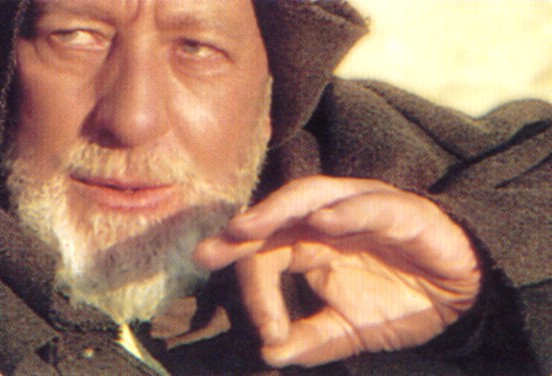“Ask… search… knock…” Such encouraging words! It will be given to you, you will find, the door will be opened to you. These are simple yet
astounding promises from Jesus. In some ways it summarizes the Incarnation and
Jesus’ ministry:
Turn to God he'll be there. Come to God—no matter who you are—and God will take
you in. Extraordinary! And disorienting! Seek the invisible God and you'll
find? How can anyone seek the invisible?
 The invisible God works from
God's invisible heavenly realm to bring his rule and power to bear in our visible
lives in the visible world. In the beginning, our whole universe was in a hot,
dense state—all the matter and energy in the known universe contained in a
volume a trillionth the size of a period on a typed page. One million trillion trillion trillionths of a second after that appearance the universe began to expand unimaginably quickly. One million trillion trillion trillionths of a second before
that beginning, God was there…willing it to be. As the writer of Hebrews
wrote, “what
is seen was made from what is unseen” (11:3). Or as Jesus put it, “your Father in heaven.” The Father of all is
simultaneously within and outside all things, offering all we need for a good
life.
The invisible God works from
God's invisible heavenly realm to bring his rule and power to bear in our visible
lives in the visible world. In the beginning, our whole universe was in a hot,
dense state—all the matter and energy in the known universe contained in a
volume a trillionth the size of a period on a typed page. One million trillion trillion trillionths of a second after that appearance the universe began to expand unimaginably quickly. One million trillion trillion trillionths of a second before
that beginning, God was there…willing it to be. As the writer of Hebrews
wrote, “what
is seen was made from what is unseen” (11:3). Or as Jesus put it, “your Father in heaven.” The Father of all is
simultaneously within and outside all things, offering all we need for a good
life.
I must confess that
I don’t
always trust God’s goodness, and I'm probably not alone. Jesus seems to know this mistrust when he explains, “If you who are evil know
how to give good gifts to your children, how much more will your Father in
heaven give good things to those who ask him!” (Matt 7:11). Again, Jesus is asking us: “Do you really believe God is good…really? If you do, then you will ask, search, and
knock. You will leave behind the world’s empty promises and give your whole life to
seek the good things of God. And God will always deliver!”
“It would seem that our Lord finds our desires not too strong, but too weak. We are half-hearted creatures, fooling about with drink and sex and ambition when infinite joy is offered us, like an ignorant child who wants to go on making mud pies in a slum because he cannot imagine what is meant by the offer of a holiday at the sea. We are far too easily pleased.” -CS LewisWe are deceived by the visible world, spending our lives chasing after material wealth, physical pleasures and ease, power and the approval of people. Why? What is the better source of innovation and advancement and rallying people to work together for good: seeking material wealth and physical payoffs, or invisible things like hope, compassion, creativity, love, and faith? These are good things God promises us. You’ll have the material things you need. The question is, will they have you? Be honest: Do you think more people get to the end of life and regret the visible things they don’t have? Or do you think they regret the invisible things they missed out on—more love, more friendship, more compassion, more joy and happiness? And if someone says, “I wish I’d had a nicer car and a bigger house,” do you think they’re worth listening to anyway?
But there's more...
 |
| Julian of Norwich (1342 - c.1416) |
At one point, Jesus tells Julian a story:
There was an assistant who worked for a remarkable boss. The assistant loved and admired his boss, following him everywhere and excitedly doing what he asked. One day, the assistant was walking along and fell in a deep, dark hole. Lying curled up in the hole, the assistant began to berate himself: “You foolish person,” he told himself. “That’s just like you to fall in a hole. Now you’ll probably die here, all alone in the dark. You’re so stupid!” While the assistant lay there in hopelessness and negativity, he was completely unaware that his loving boss was kneeling on the edge of the hole reaching down to help him out.There is good invisible and there is bad invisible. In addition to the visible temptations and troubles of the world, we can get so distracted by the negative and harmful invisible thoughts and attitudes we hold, that we become completely unaware of our loving Lord reaching out to us to lead us into his light and life and love.
We must ask, seek, and knock for these good things, these God things. Seek and you'll find something truly amazing: Jesus leaning in, offering you the best of all invisible things—life, love, and God himself. And then you get the shocking, scandalous privilege of making those invisible things visible in the world.





